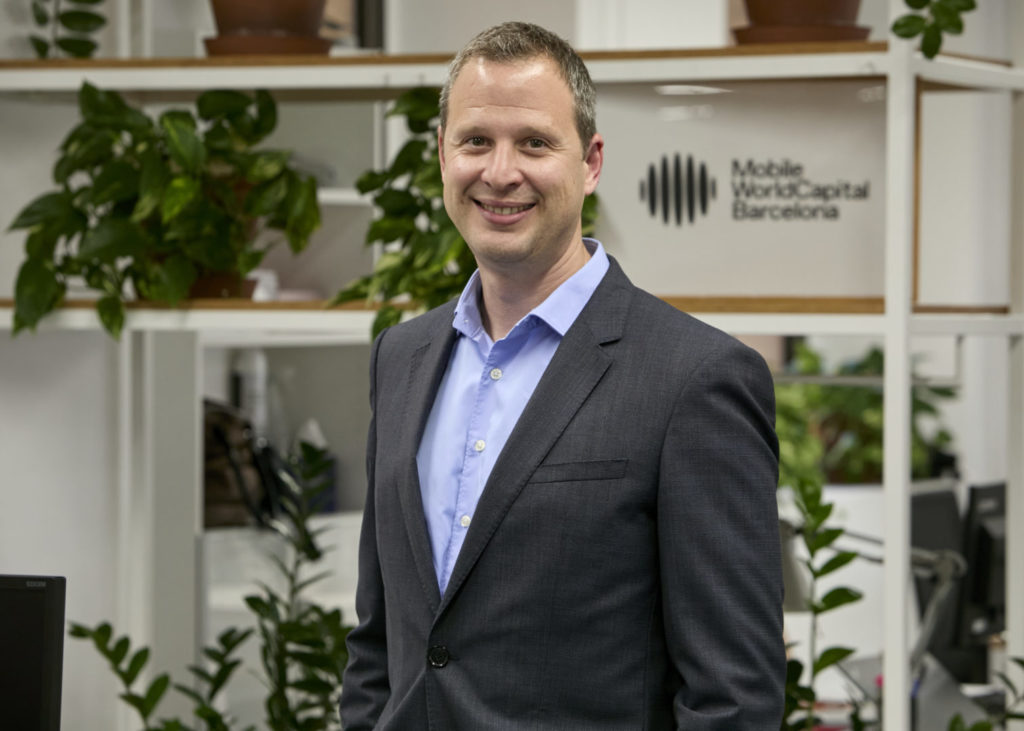Albert Mascarell, director of Tech Transfer at Mobile World Capital Barcelona
Europe is at a decisive moment: only those regions capable of transforming knowledge into industrial capacity will maintain their technological sovereignty and global competitiveness. Today, more than 90% of technologies emerging from European research never reach the market. To face this challenge, technology transfer becomes a strategic infrastructure of the highest order. There’s a need for national innovation systems that connect research, entrepreneurship and industrial deployment with a strong national ambition and a European outlook.
At Mobile World Capital Barcelona Foundation, we have been building a public tech transfer model with the capacity for scale, rigour, and impact. It goes further than just incubating or accelerating ideas. We’re talking about generating deep tech solutions that emerge from applied science and become viable companies through hybrid teams, entrepreneurial knowledge, and strategic institutional support. This model evolved from our experience with programs such as The Collider, has become a benchmark in Catalonia, Spain, and Europe.

Its alignment with the European Innovation Council (EIC) strategy has also enabled us to promote a continent-wide alliance for deep tech venture building and to actively participate in the definition of new instruments that connect research and the market with European funding.
In 2025, the EIC allocated over €1.4 billion to fund frontier technologies such as medical devices, generative AI and machine learning, advanced biotechnology, nanotechnology, and new functional materials. At Mobile World Capital Foundation, since 2018, we have been helping turn this potential into market realities through the continuous construction of a portfolio that includes 22 deep tech spin-offs in fields like smart logistics, applied neuroscience, cardiovascular health, non-invasive diagnostics, photonics for cooling, and microparticle pollution detection.
The results are tangible: this ecosystem has generated an aggregate valuation of over €100 million, attracted top-tier private investment and public funding, and positioned Catalonia — and increasingly Spain — as a European deep tech hub. But beyond the numbers, we are proving that it is possible to make innovation policy from the public sector, with a transformative vision and real systemic impact.
To scale up, we need the collaboration of the entire value chain: universities, research centres, tech transfer offices, entrepreneurs, corporates, investors and public institutions. The Foundation offers a structure ready to provide strategic, financial and business development support to technologies with market potential. Collaboration is the key to multiplying impact, and defining clear roles across the ecosystem will be essential to unlock it truly.
We need stable structures that operate at scale, are aligned with European and national objectives, and can turn science into industrial sovereignty. Technology transfer must stop being peripheral: it must become a central public policy. This is the path we intend to follow.
At the Mobile World Capital Barcelona Foundation, we are starting a new chapter. We will promote strategic alliances, strengthen the public venture building model, and work to consolidate an innovation architecture with real impact. The goal is clear: to become Spain’s and Europe’s deep tech reference hub: a model capable of transforming knowledge into industrial solutions, driving the development of cutting-edge technologies from public research, and leading the new science-based economy.
Europe’s — and Spain’s — leadership depends on its ability to turn the knowledge it generates into industry. At Mobile World Capital, we are ready to walk this path.
Stay up to date about everything
Subscribe to stay up to date with the latest content from Mobile World Capital Barcelona.
